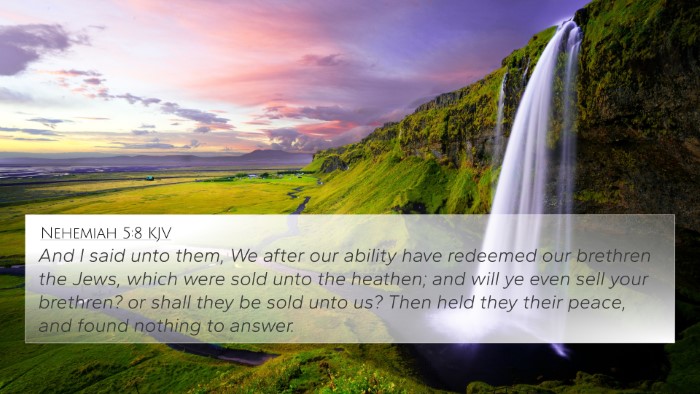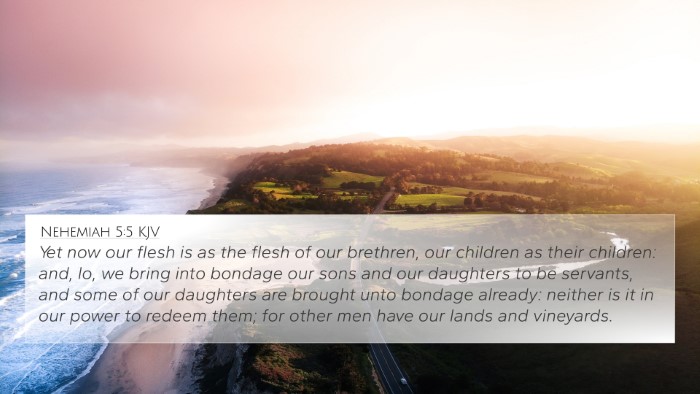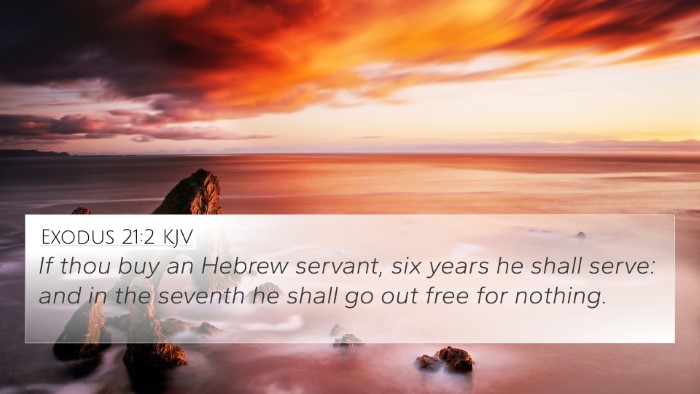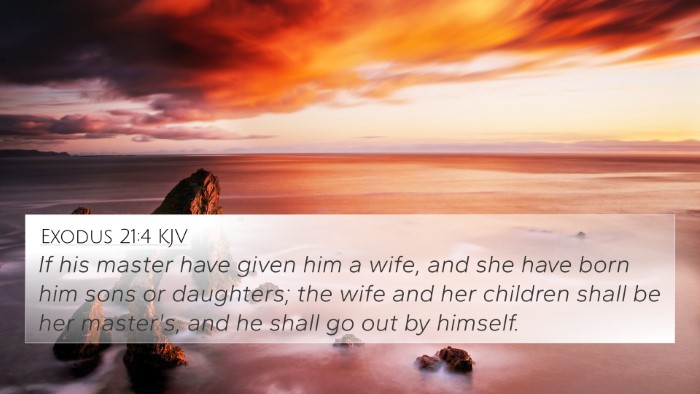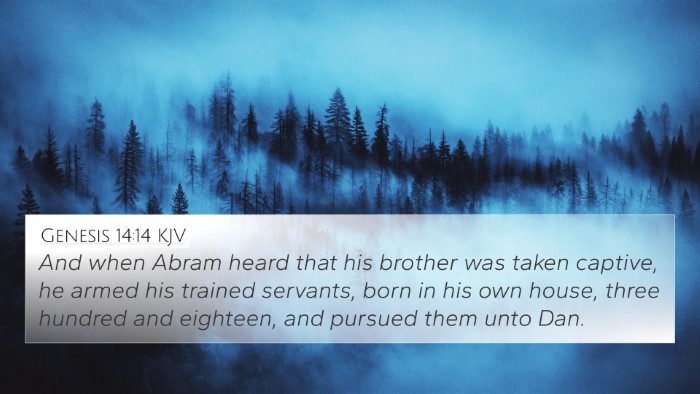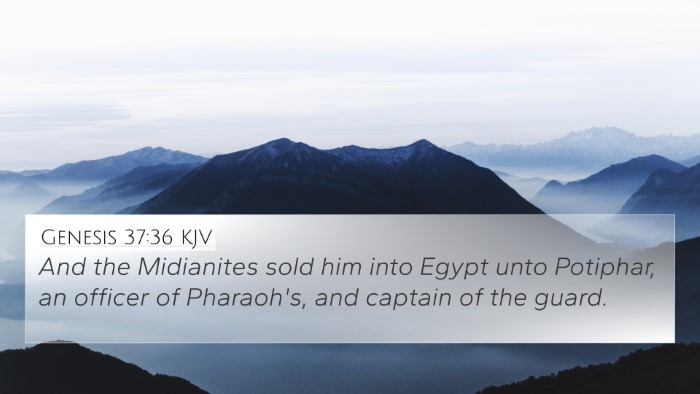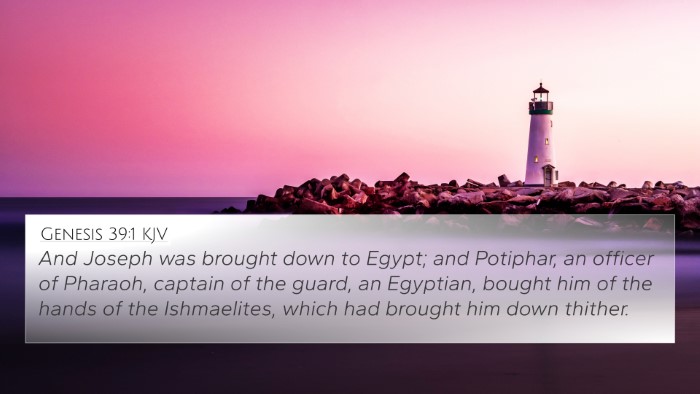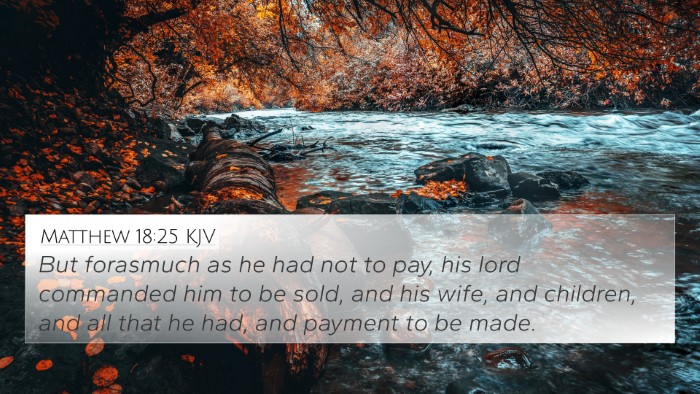Understanding Genesis 17:13
Genesis 17:13 states: "He that is born in thy house, and he that is bought with thy money, must needs be circumcised: and my covenant shall be in your flesh for an everlasting covenant." This verse introduces important theological themes regarding covenant, belonging, and the expectations placed upon those who are part of the covenant community.
Verse Meaning and Insights
The significance of this verse lies in God establishing His covenant with Abraham and the requirements that come with it. The act of circumcision serves as a physical sign of the covenant, marking those within Abraham’s household as part of God's chosen people.
The Covenant Context
Matthew Henry emphasizes that the covenant is not solely for Abraham's biological descendants but also extends to those who are part of his household through servitude or adoption. This inclusiveness highlights God’s plan of salvation that reaches beyond ethnic boundaries and familial ties.
Albert Barnes notes the necessity of circumcision as a sign of the covenant's permanence. The wording "must needs be" indicates that it is not optional; to be in covenant relationship with God requires adherence to His commands.
Theological Implications
Adam Clarke points out that this verse illustrates the concept of ownership and commitment. Those born in Abraham's house or purchased (slaves) must undergo circumcision, thus binding them to the covenant community.
1. **Covenant and Identity**
The act of circumcision symbolizes a change in identity. Belonging to God’s covenant community requires a transformation or sign of loyalty. The implications of this act echo throughout Scripture, emphasizing external signs of internal faith.
2. **Inclusivity of the Covenant**
This verse shows God's desire to include all members of Abraham's household, suggesting that God's covenant is open to all who "belong," whether naturally born or acquired. This is an early indication of the New Testament vision of God's universal invitation to salvation.
3. **Everlasting Covenant**
God’s promise of an everlasting covenant implies continuity and eternal significance. The physical act of circumcision foreshadows deeper spiritual commitments that ultimately find fulfillment in Christ, wherein all believers are marked as part of God’s chosen people.
Bible Cross-References
Genesis 17:13 resonates with various other Scriptures which reinforce its key themes:
- Genesis 21:4 - Abraham circumcises Isaac as a sign of the covenant.
- Exodus 12:48-49 - Instructions regarding circumcision for those who wish to partake in Passover.
- Leviticus 12:3 - The law regarding circumcision on the eighth day.
- Romans 4:11 - Abraham is described as the father of all who believe, both circumcised and uncircumcised.
- Galatians 5:2-6 - Paul discusses how Christ abolished the need for physical circumcision among believers.
- Philippians 3:3 - Worship in the Spirit, having no confidence in the flesh as it pertains to the covenant.
- Colossians 2:11-12 - Circumcision of Christ, a spiritual transformation explained.
Connecting Themes Across Scriptures
The themes in Genesis 17:13 align closely with other Biblical narratives that speak to God’s covenantal nature:
- Inter-Biblical Dialogue: Connections can be drawn between Genesis and New Testament texts that reflect the nature of circumcision and identity in Christ.
- Thematic Bible Verse Connections: Galatians displays the evolution of the understanding of covenant from physical to spiritual.
- Bible Verse Parallels: Hebrews discusses the new covenant, drawing parallels between the old and new signs of faith.
Conclusion
Genesis 17:13 serves as a pivotal point in understanding the nature of God's covenant with His people. Through cross-referencing this verse with others, we develop a comprehensive picture of the significance of belonging, identity, and the everlasting nature of God’s promises. By studying these connections, believers can gain deeper insights into their faith and the overarching narrative of Scripture, ultimately leading to a fuller understanding of God's continual work through His people.





